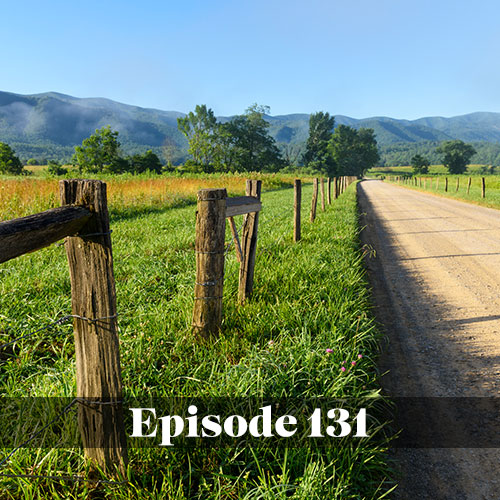In this episode, Dr. Stephanie Starcher, superintendent of the Fort Frye Local Schools in Ohio, talks with host Carole Dorn-Bell about the unique challenges and opportunities for school leadership in Appalachia.
Stephanie says she was born and raised in Doddridge County, West Virginia, attended college in Marietta and has always lived in Appalachia. She has spent the past 22 years as a school educator and administrator in southeastern Ohio.
Stephanie describes her area as rural Appalachia. People are loyal, thrifty and appreciative of relationships. Many residents stay for life.
“As far as the implications for leadership, there’s a lot,” Stephanie says. “The area has been, unfortunately, plagued with a lot of poverty, and I think you have to understand poverty.”
That means in addition to focusing on the academic side of school leadership in Appalachia, there has to be an emphasis on wraparound services such as food pantries, clothing and helping families locate shelter.
“That is extremely important for leadership to understand,” she says. “But then I also think that the most important thing is that people in Appalachia, they value the human relationship. They value relationships with friends, family, neighbors—probably more than other types of communities.”
School leaders have to build relationships with the local community so that there’s a sense of trust and integrity. People will then be more likely to buy into what the leader is wanting to do in the schools.
Stephanie talks about the myths and misunderstandings of Appalachia. People certainly aren’t lazy, and there’s been a lot of change in terms of infrastructure. Appalachian families do value education.
Carole asks Stephanie for specific pieces of leadership advice.
“We’re in the people business and we have to be all about the people,” Stephanie says. “I look back at my own experiences, and I don’t remember so much of what I was taught or the institution itself, but I remember the people.”
She constantly tells her staff that families don’t care how much you know, they care how much you care.
“If you don’t demonstrate that you care about their family, that you care about their kids, then they’re not going to have that connection to you and they’re not going to have that collaborative relationship with you,” she says.
Stephanie talks about how there is greater resistance to change because of the slow pace of life and the orientation around relationships rather than competition.
“In rural Appalachia, people tend to be more open-minded to change if they trust you and if they can understand why we’re going to make this change, where it’s going to lead us,” she says. “And so I think that’s something very specific for the rural leader, is that strong resistance to change.”
She says there also is a resistance by residents to curriculum, school calendars and testing being dictated at the state level.
Carole closes out the episode by saying listeners who want more information can reach Stephanie on Twitter at @FortFryeSuper or at Stephanie.Starcher@fortfrye.org.
Got a question or topic you’d like covered in an upcoming We Love Schools podcast? Email us at info@weloveschoolspodcast.com
First time listening to We Love Schools? Learn more about our weekly podcast.
Interested in learning more about how the Allerton Hill Communications team can help your school with communications? Contact us today.






